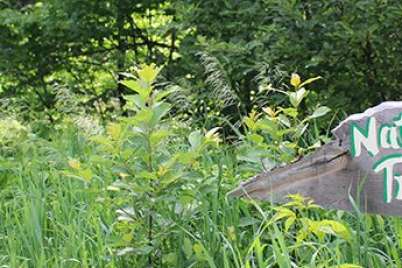
Playing to win: Lessons from Denmark
Two years ago, desperate to get away from one of the coldest winters in years, we decided to take our family trip in January. It’s less expensive and easier to travel than at Christmas. “Palm trees” was all I needed to hear, but ever the over-thinking mom, I asked my daughter’s Grade 1 teacher whether she thought it would be okay to miss a week of school. “Yes, go,” she said. “Swim. Laugh. Play. Not all education is found in books and classrooms.”
This is an attitude that might be more commonly found in Denmark where play-based learning has always been the norm.
In a Mother Magazine interview, authors of The Danish Way of Parenting, Iben Sandahl and Jessica Alexander, note that, “from the dawn of the first educational theory in Denmark in 1871, play has been seen as crucial — not optional — to a child’s development. Even now, children up until the age of 10 leave regular school to go to something called ‘free time school’ where they are encouraged to play. The parents we interviewed for our book found the idea of excessive focus on ‘developing’ children quite odd.”
It’s probably not a coincidence that research shows Danes are amongst the happiest people in the world.
By contrast, the authors observe a not-so-happy-cycle that many of us find ourselves in here in North America, always looking for ways for our kids to get better, smarter, and more skilled at earlier and earlier ages:
“The loop we get into as parents is that we feel extra classes are necessary to get ahead because society pushes us to believe that extra classes are necessary to get ahead.”
But parents in Denmark are not caught in a similar loop: “As they see it, if children are always performing to obtain something — good grades, awards, or praise from teachers or parents — then how do they learn to develop their true inner drive?”
If you find yourself googling enrichment classes for your little one, take a deep breath and listen to this advice from Sandahl and Alexander: “The next time you are considering enrolling your toddler in the block-building math class that unconsciously prepares them for the entrance exam at Harvard, or even the first piano lesson — relax. Put out some toys, take away the iPads, go outdoors somewhere beautiful, and let them play.”
Provocative advice. Maybe there’s a healthy mix of both approaches. My daughter loves her extracurriculars and her playtime and I can see ways that both have made positive impacts on her socially, academically, and emotionally.
As for my daughter’s teacher, several years later, her answer has stuck with me and continues to guide my parenting. I’ve stopped looking for every teachable moment and can let my daughter enjoy herself in play, knowing that a lot of the learning will take care of itself.





